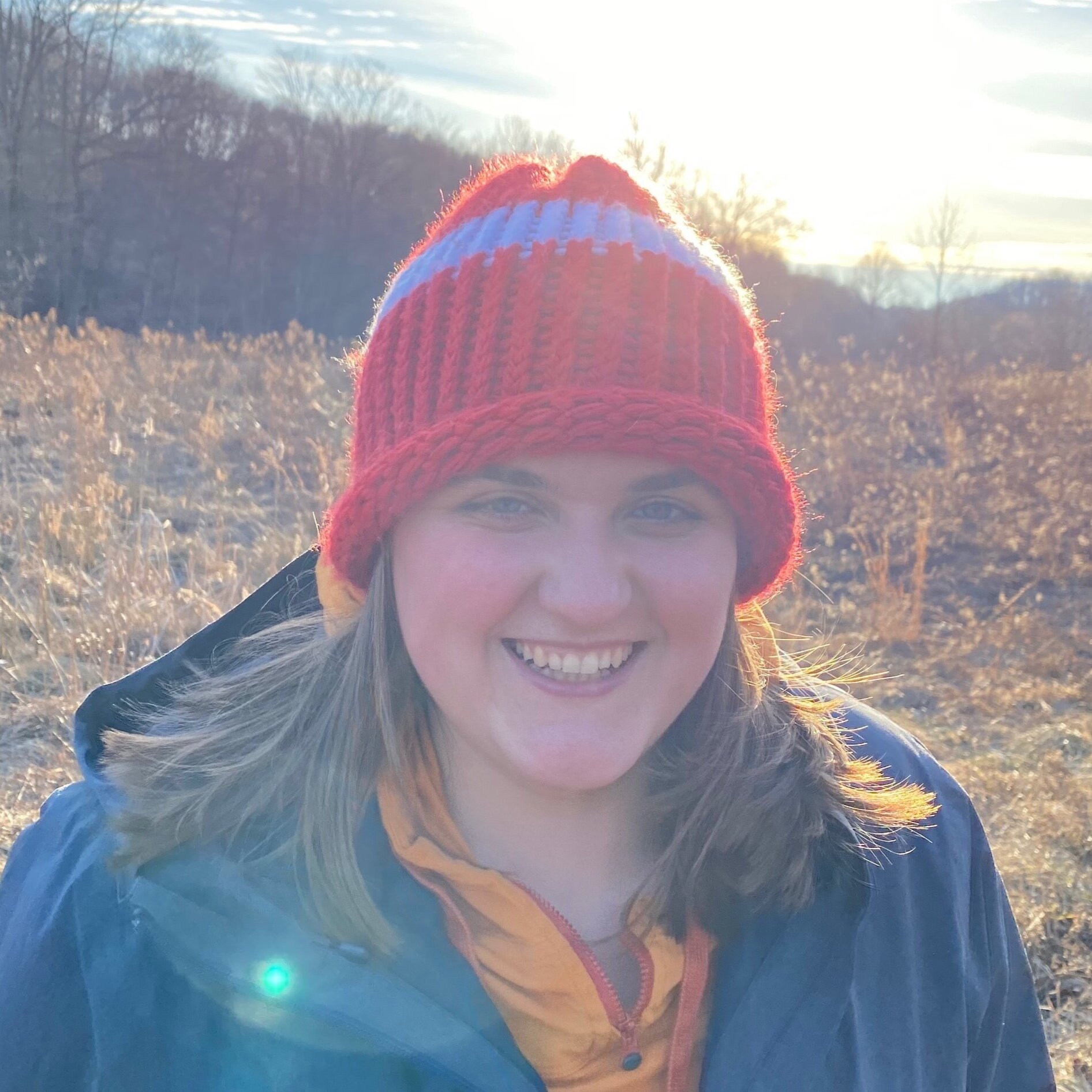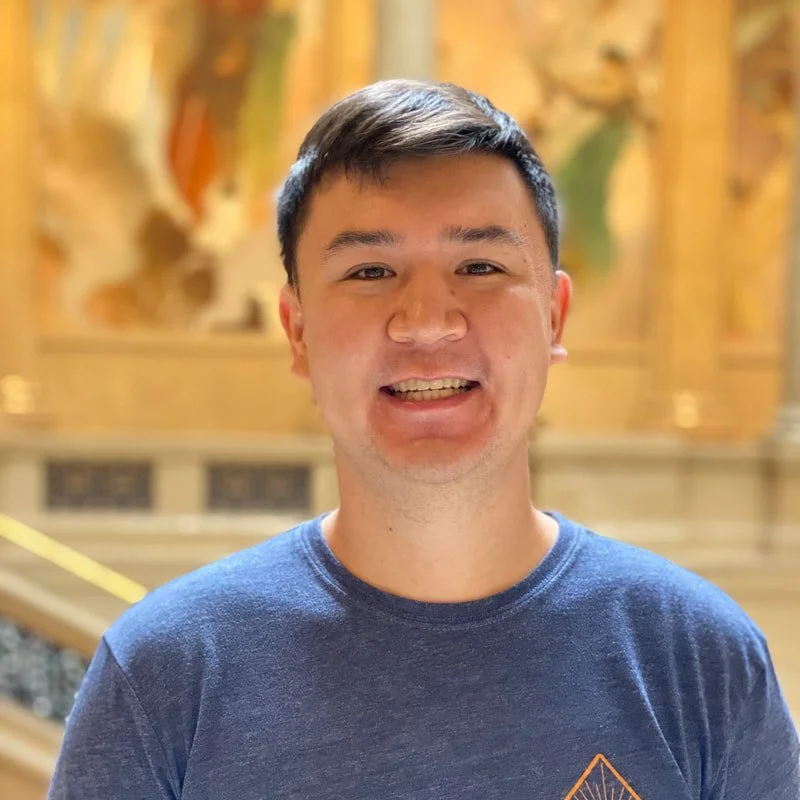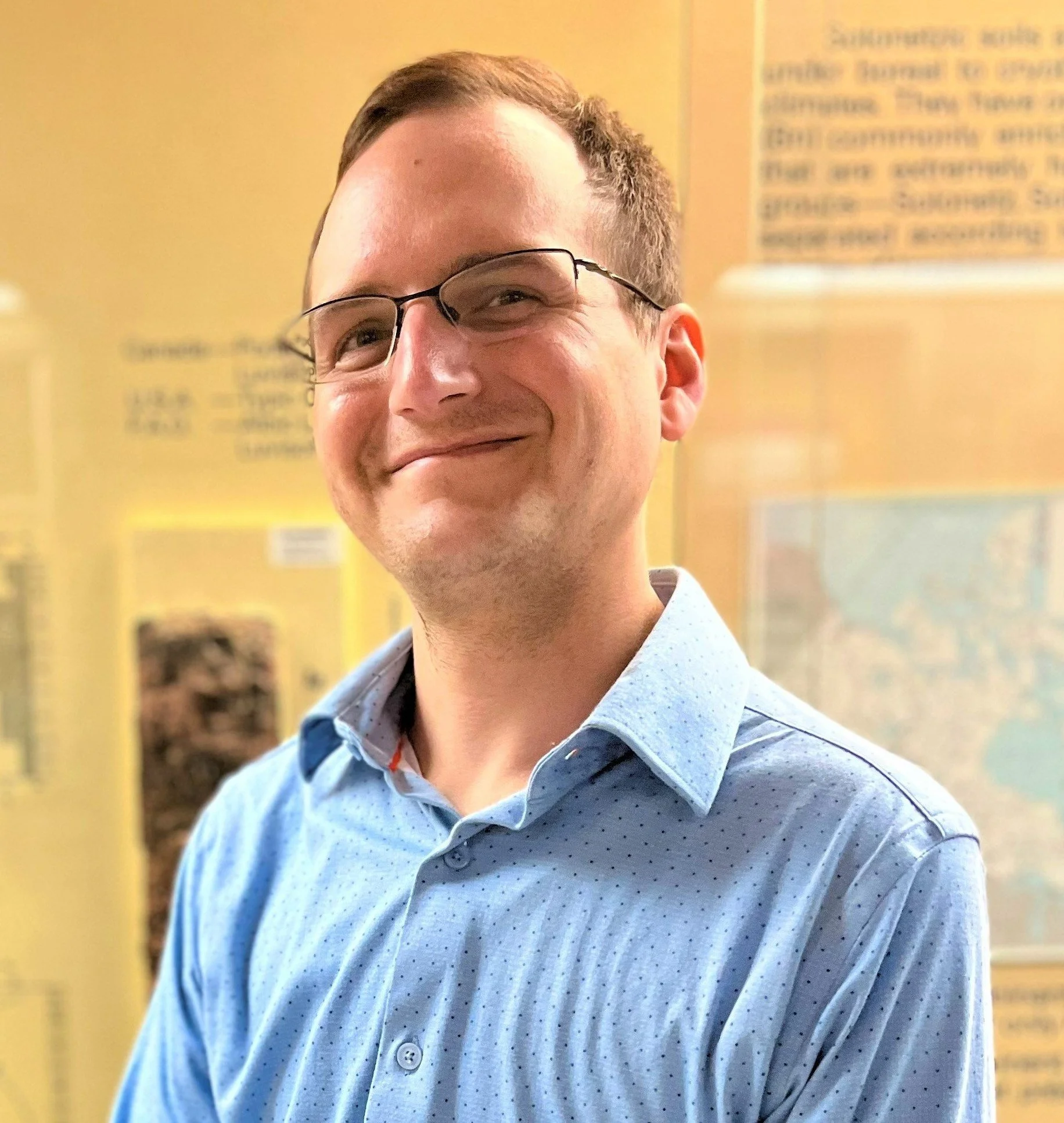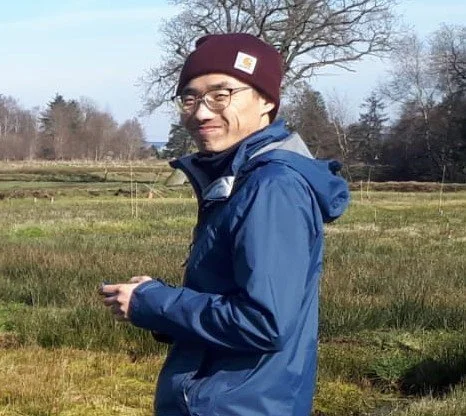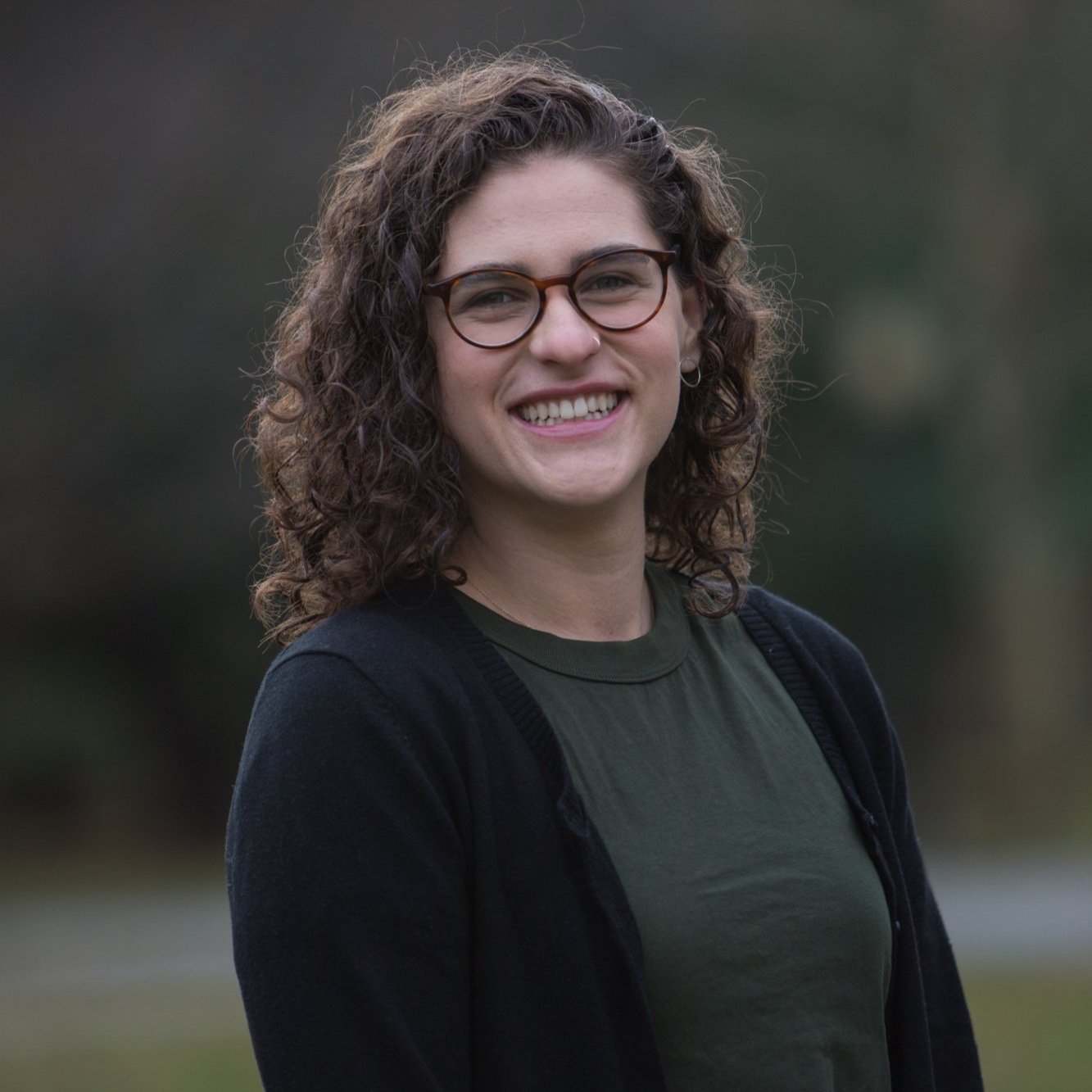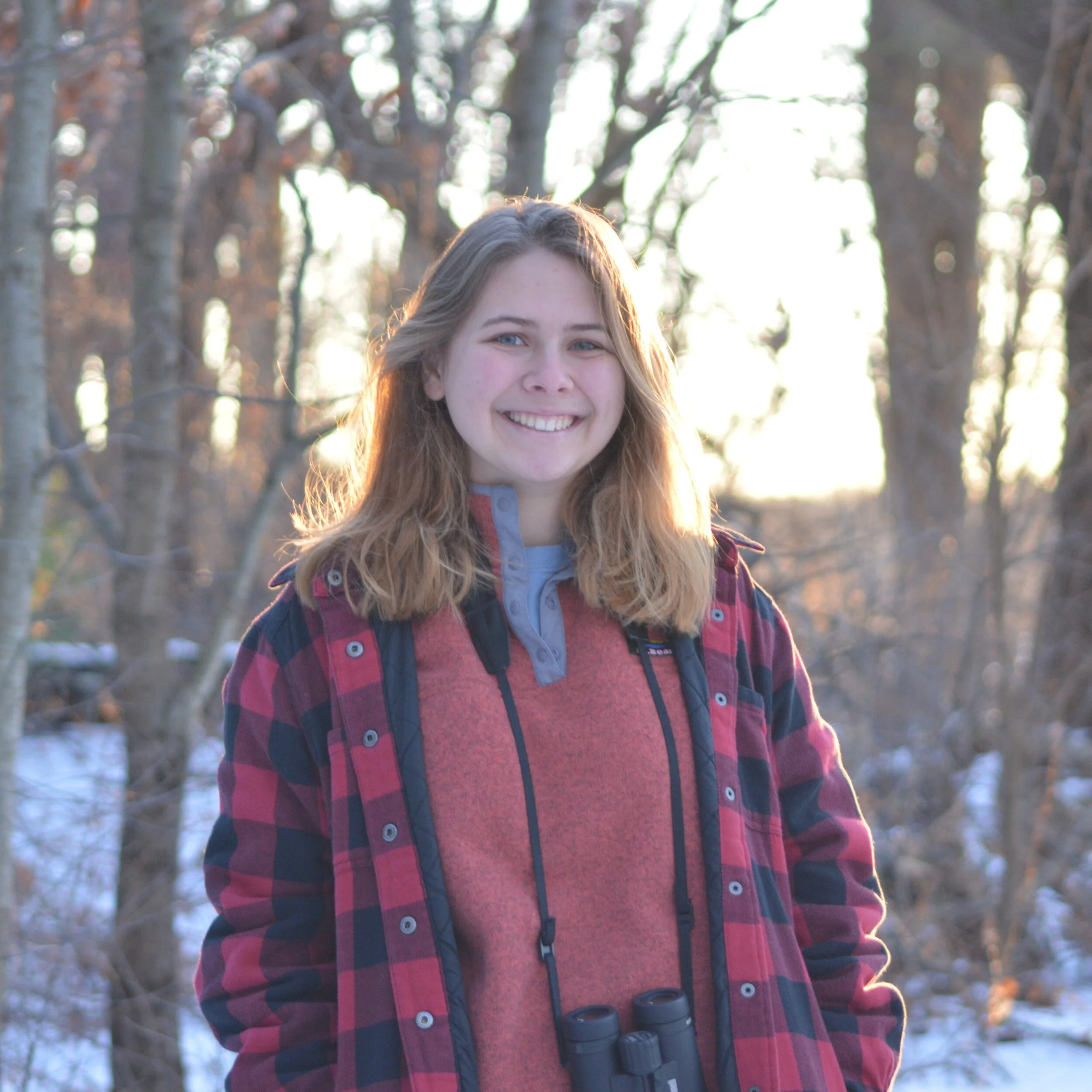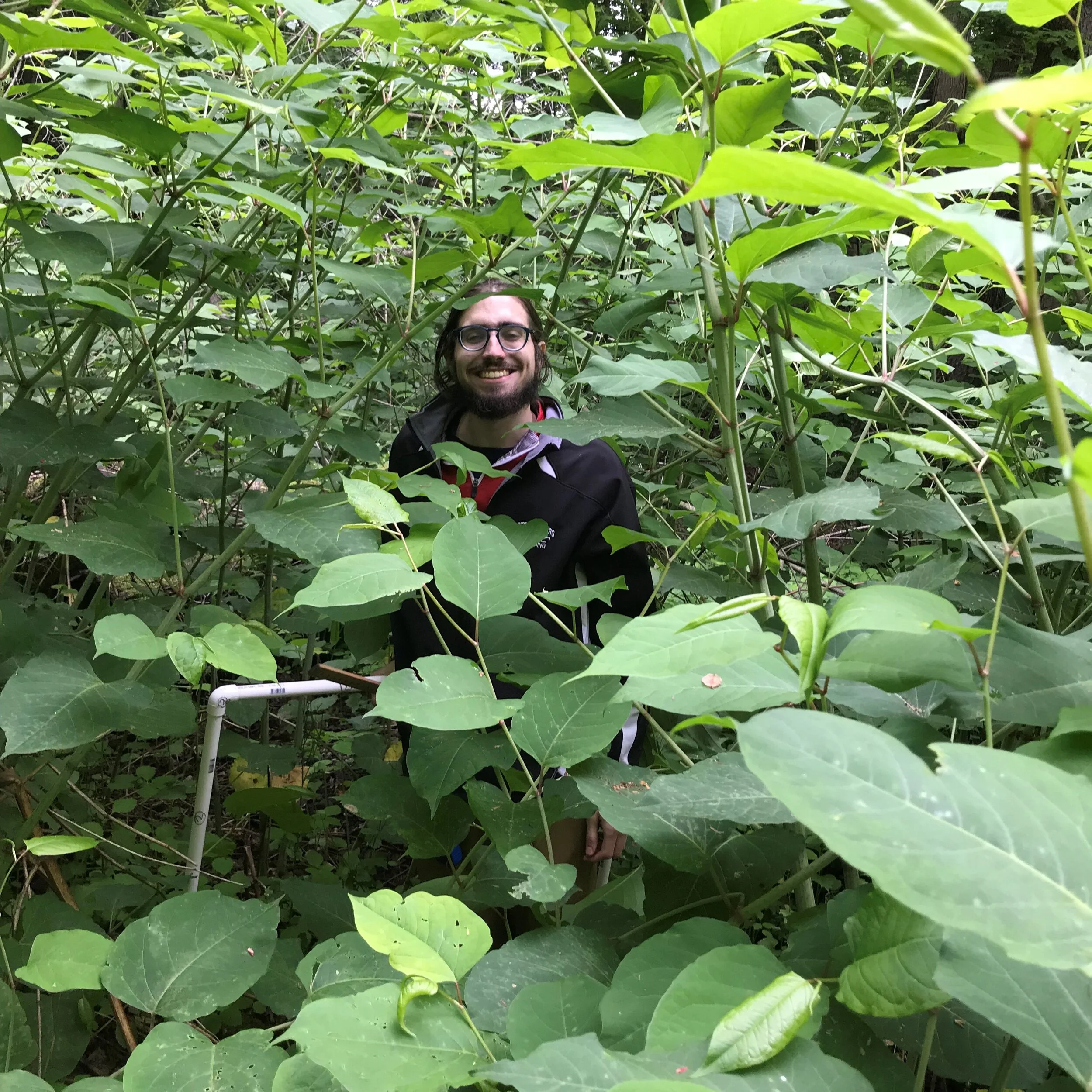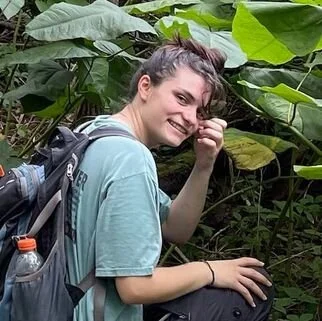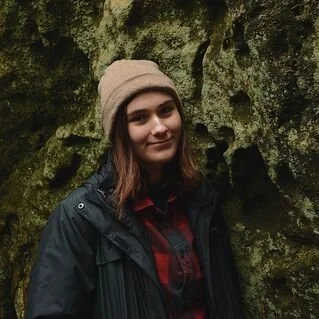research team
abby yancy (she/her), graduate student, university of Pittsburgh
Abby was a former NSF Research Experience for Post-Baccalaureate Students (REPS) Fellow and the field crew leader for a collaborative research grant with Drs. Mason Heberling at CMNH and Richard Primack at Boston University on the impacts of global warming and invasive species on forest plant phenology. Abby holds a BS in Environmental Science with a certificate in Geographic Information Systems from Pitt and has just begun her PhD in Dr. Emily Elliott’s lab at Pitt!
dr. ben lee, postdoctoral fellow, Carnegie Museum of natural history
Ben is a forest ecologist, with special interest in the ecophysiological effects of climate change in the understory. His research project on changes in mycorrhizal communities across species' ranges and through time with global change is funded through the NSF Postdoctoral Research Fellowships in Biology and co-sponsored with Drs. Mason Herberling at CMNH and David Burke at the Holden Arboretum. Ben is also an active member of our NSF-funded phenological mismatch grant research, modeling long-term phenological responses of overstory and understory species across temperate North America, Europe, and East Asia using herbarium data.
Cole gross (he/him), postdoctoral associate, Yale applied science synthesis program
Cole is a soil scientist focusing on carbon cycling in forests, grasslands, and agroecosystems in response to human land-use and management decisions and climate change. His research seeks to guide sustainable land management and inform climate mitigation policies. Cole is leading two projects at YASSP: 1) synthesizing available research on the impacts of agroforestry and silvopasture on carbon storage and sequestration; and 2) sourcing available data and designing a model structure for estimating carbon storage and sequestration for cranberry farm agroecosystems.
Jack Hatajik (he/him), undergraduate student, university of Pittsburgh
Jack is interested in studying the impacts of invasive species and anthropogenic climate change on native plant communities. He is conducting research that explores how the timing of interactions between native and invasive plant species influences population and community composition and dynamics. You can read more about Jack’s current research here. Jack aims to collaborate with local community leaders to develop research projects focused on the prominent issues and concerns of communities.
rachel reeb, graduate student, University of Pittsburgh
Rachel studies the ways in which patterns of phenology (ie the timing of life cycle events) influence the success of nonnative plants and shape invaded plant communities in Dr. Mart Turcotte’s lab at the University of Pittsburgh. Using a combination of experiments and observational studies, Rachel is exploring the causes and consequences of phenological niche separation between native and nonnative species. Rachel’s research has been featured in Ecosphere and Frontiers in Plant Science. Rachel received a bachelor's degree in biology and environmental science from the College of William and Mary.
reid lewis (he/him), graduate student, Yale School of the environment
Reid is a PhD student with Dr. Tim Gregoire. He is broadly interested in how we use sampling and modelling to attempt to quantify forest attributes, and is particularly interested in the methods we use to quantify forests to inform climate-oriented stewardship. Reid is currently collaborating with the Yale Applied Science Synthesis Program to measure and identify forested regions in the western US wilderness-urban interface where selective thinning could reduce wildfire risk and enhance forest resilience and long-term carbon storage.
Stanley tan (he/him/his), undergraduate researcher, Yale applied science synthesis program
Stanley is an undergraduate at Yale-NUS College in Singapore. He is broadly interested in the use of nature-based climate solutions for climate change adaptation and mitigation. At the Yale Applied Science Synthesis Program (YASSP), his research considers the carbon sequestration potential of croplands in Southeast Asia. Before joining YASSP, he worked at Climate Impact X, a Singapore-based global carbon exchange and marketplace, where he conducted research to enhance the quality of carbon offsets from tropical forest conservation and agricultural land management projects. His past research experiences also include using remote sensing methods for tropical forest carbon prediction models as an intern at the NUS Centre for Nature-based Climate Solutions, and the regeneration of Singapore's tropical mangrove forests at Yale-NUS College's New Forests and Trees Lab.
Thomas harris (he/him), graduate student, Yale Applied science synthesis program
Thomas is interested in modeling forest growth, cover type changes, and carbon storage in working-forest landscapes. Thomas is currently collaborating with the Yale Applied Science Synthesis Program and Dr. Yuan Yao to measure and identify marginal lands in the southeastern United States that could be converted back to pine forests to enhance timber industries and long-term carbon storage in forests and wood products.
dr. weier liu (he/him), postdoctoral fellow, Yale Applied science synthesis program
Weier is interested in the effects of land use management intensity and spatial-temporal scale on the delivery of ecosystem services. He is keen to bridge measurements and experimental studies with management and planning through system-level analysis. His current research is focused on measuring how various forest management practices can affect carbon sequestration on the land and carbon storage in long-lived wood products.
